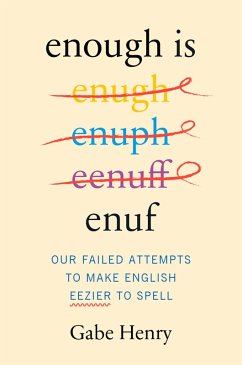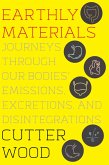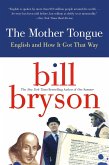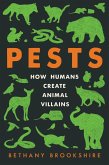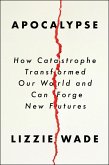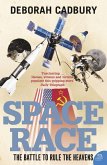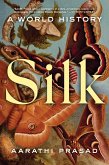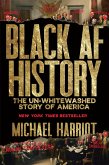Why does the G in George sound different from the G in gorge? Why does C begin both case and cease? And why is it funny when a philologist faints, but not polight to laf about it? Anyone who has ever had the misfortune to write in English has, at one time or another, struggled with its spelling.
So why do we continue to use it? If our system of writing words is so tragically inconsistent, why haven't we standardized it, phoneticized it, brought it into line? How many brave linguists have ever had the courage to state, in a declaration of phonetic revolt: Enough is enuf?
The answer: many. In the comic annals of linguistic history, legions of rebel wordsmiths have died on the hill of spelling reform, risking their reputations to bring English into the realm of the rational. This book is about them: Mark Twain, Ben Franklin, Eliza Burnz, C. S. Lewis, George Bernard Shaw, Charles Darwin, and the innumerable others on both sides of the Atlantic who, for a time in their life, became fanatically occupied with writing thru instead of through, tho for though, laf for laugh, beleev for believe, and dawter for daughter (and tried futilely to get everyone around them to do it too).
Henry takes his humorous and informative chronicle right up to today as the language seems to naturally be simplifying to fit the needs of our changing world thanks to technologyfrom texting to Twitter and emojis, the Simplified Spelling Movement may finally be having its day.
Dieser Download kann aus rechtlichen Gründen nur mit Rechnungsadresse in A, B, BG, CY, CZ, D, DK, EW, E, FIN, F, GR, HR, H, IRL, I, LT, L, LR, M, NL, PL, P, R, S, SLO, SK ausgeliefert werden.
"A well-researched and entertaining work that will likely become a new favorite among linguists." - Kirkus Reviews
"Gabe Henry is a witty and wise tour guide for this exploration of orthography." - Peter Sokolowski, Editor-at-Large for Merriam-Webster
"This buk iz jenuine fun." - Maria Bamford, New York Times bestselling author of Sure, I'll Join Your Cult and creator of Netflix's Lady Dynamite.
"Is English spelling a problem? (*Enthusiastic head nodding*) Shud wee doo suhmthing uhbawt it? (*Slowly backs away*) Henry gives us a hilarious history of this oft-repeated cycle of human striving and disappointment. He reveals a surprising cast of characters ranging from the unknown to the very well known, and from sincere and thoughtful to utterly deluded." - Arika Okrent, author of Highly Irregular and In the Land of Invented Languages
"Henry's clever commentary transforms this story of language into pure comedic gold. Enough is Enuf is a must-read for anyone who's ever marveled at the oddities of English. This is a word nerd's dream come true." - Ophira Eisenberg, host of NPR's Ask Me Another and iHeartRadio's Parenting is a Joke
"Gabe Henry has taken what sounds at first blush like a dry subject-English spelling-and written an incredibly fun, charming, hilarious book. And bonus: It made me feel better about getting bounced out of my school spelling bee before reaching the semi-finals. Vindication at last!" - Emily Flake, staff cartoonist for The New Yorker
"In a tour-de-force that spans from Noah Webster to Mark Twain to Froot Loops to Twitter, Henry unpacks the mysteries of why English is such a joy to read and speak...but such a nightmare to spell. Enough is Enuf is a brilliant, thoughtful, often hilarious, and always highly entertaining masterclass on the nuances and pitfalls of our language. This book is required reading for anyone who loves-or hates-English spelling." - Jonathan Metzl, author of Dying of Whiteness and What We've Become

